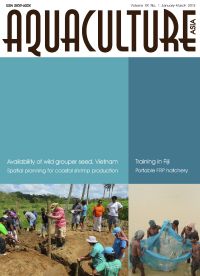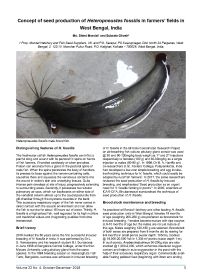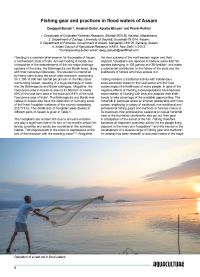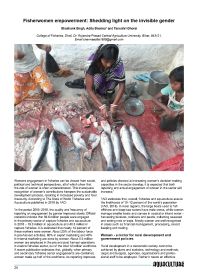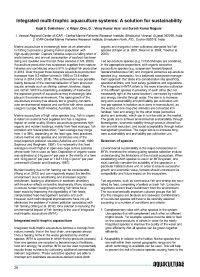Aquaculture Asia Magazine, October-December 2018
4 October 2018 | 9227 views | .pdf | 10.47 MB | Freshwater finfish, Gender, Hatchery and nursery, Livelihoods, gender and social issues, Marine finfish, Nutrition and feeding, Aquatic plants, Molluscs (shellfish and other), Environment and Sustainability, India
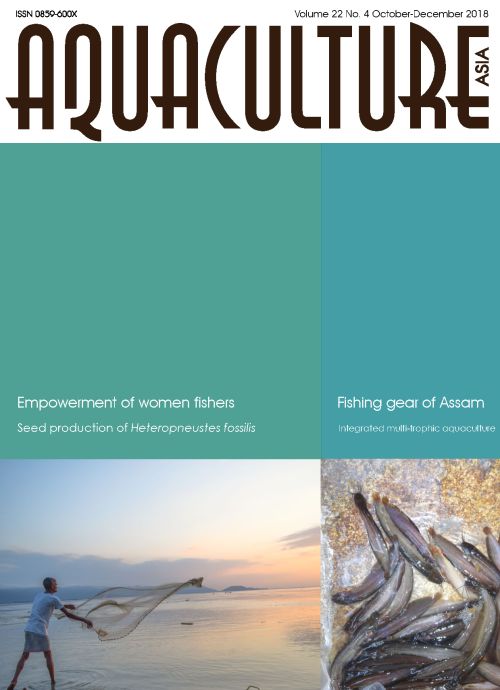
In this issue:
- Concept of seed production of Heteropneustes fossilis in farmers' fields in West Bengal, India.
Md. Shied Mondal and Subrato Ghosh. - Fishing gear and practices in flood waters of Assam.
Deepjyoti Baruah, Amalesh Dutta, Apurba Bhuyan and Pravin Puthra. - Fisherwomen empowerment: Shedding light on the invisible gender.
Shashank Singh, Adita Sharma and Tanushri Ghorai. - Integrated multi-trophic aquaculture systems: A solution of sustainability.
Kapil S. Sukhdhane, V. Kripa, D. Divu, Vinay Kumar Vase and Suresh Kumar Mojjada.
Creative Commons Attribution.
